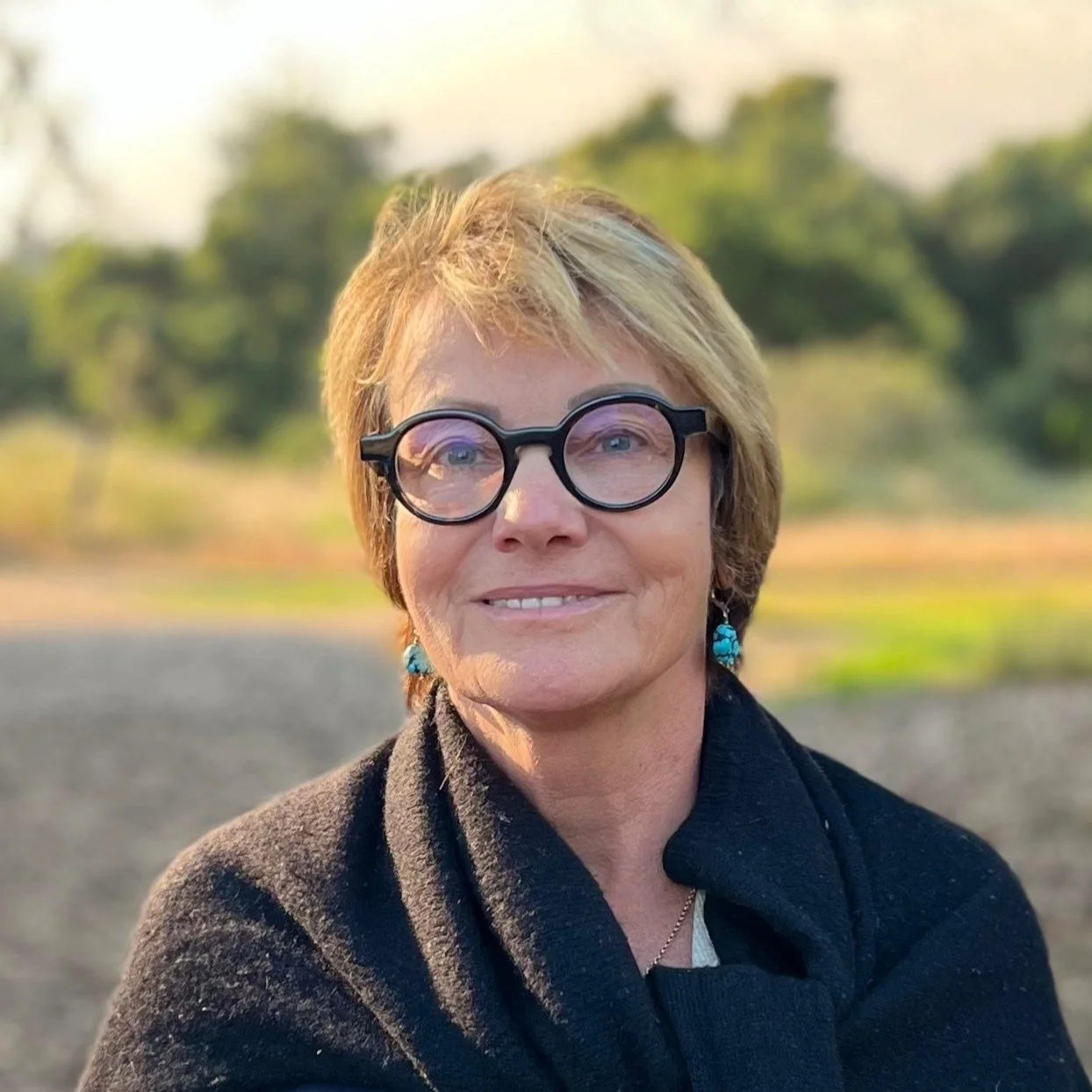Join us for our
7-Step Deep Resilience Program
Core Team
We need “self-care 2.0” - we need deep resilience.
Given the turbulent times we are living in, we need more than basic self-care. This is true whether we are living with personal challenges, wanting to stay present and engaged with our wounded world, or concerned about the health and well-being of future generations, or all of the above! Many of us practice “self-care 1.0,” meaning doing what we can to reduce stress in the moment and restoring our energy when we are outside the stressful situation. Self-care 1.0 is invaluable and, indeed, essential, but it is simply not enough given the tsunami of suffering so many of us are experiencing. We need “self-care 2.0” - we need deep resilience.
What is “self-care 2.0” — Deep Resilience?
His Holiness the Dalai Lama says, “A tree with strong roots can survive the most violent storm, but the tree cannot grow roots just as the storm appears on the horizon.” We are surrounded by storms on all sides, and, indeed, you or a loved one may be in the midst of one right now. But storms are an inevitable part of life and there will be more in the future, for us and for those we care about. Deep resilience means growing strong roots now, ahead of the next storm, in what is not afraid and does not die. Deep resilience means noticing whatever brings us back into a felt-sense of our interbeingness, and then making this a part of our life.
Deep resilience means realizing that we are indivisible and indispensable parts of a bigger ecosystem than our individual lives and that the quality of our life and the well-being of others depends on this. Deep resilience brings us into a sense of depth and meaning and fosters sustainable compassionate action. In these days, where forces of divisiveness and fear appear at times to have the upper hand, deep resilience, which, in its essence means remembering that we are all kin, and then acting on this, is deep resistance.
In this session, we will introduce a 7-Step Program to Deep Resilience. In each of the ongoing sessions we will explore one of these steps and teach related meditation and nature connection practices. Each participant in the ongoing program will be encouraged to establish (or continue) their own nature connection “sit spot” and meditation practice. We will discuss ways to customize deep resilience practices tomeet personal needs. Participants will have the opportunity to share their experiences and receive supportive feedback.
7 Steps to Deep Resilience
1
2
Setting up – Intention, “sit spot,” & meditation practice
Awakening the heart – Opening up a Field of Care
3
4
Self-care 1.0 – Protecting, resting, restoring
Putting out lateral roots – Healing connections
Putting down deep roots – Experiencing & embodying interdependence
5
Open awareness – Recognizing & resting in the “glow of flow”
6
Sustainable, compassionate action – Being a Field of Care
7
Please join!
Every Thursday from 10:00 to 11:00 PST, we offer a "Practices for Deep Resilience Session." This will be a guided meditation followed by a short talk and discussion. There is no charge to attend these sessions; however, donations are gratefully accepted by Mindful Hearts Programs (see the "Donate" button on the website's landing page).
And please purchase the booklet, which includes interactive QR code links. Any profit from the sales of the booklet will go to the scholarship fund of Mindful Heart Programs:
One reviewer wrote: "What a lovely little book, a little book that is big in every respect! A book for our times, written and illustrated from the heart, this should be on the curriculum of every primary school in the world." D.D., United Kingdom
Resources
Step 1:
Introduction to sense meditation
Step 2:
Gratitude as an awakening the heart practice
Step 3:
Self-care of Physicians Caring for Patients at the End of Life PDF
Step 4:
Mount, Boston, Cohen, Healing Connections PDF
John Makransky's sustainablecompassion.org, Compassionate Presence to Feelings Practice Audio
Step 5:
Breathing with Leaf Practice with Michael (audio)
Robin Wall Kimmerer is a mother, scientist, decorated professor, and enrolled member of the Citizen Potawatomi Nation. She is the author of "The Serviceberry" and "Braiding Sweetgrass: Indigenous Wisdom, Scientific Knowledge and the Teachings of Plants," which has earned Kimmerer wide acclaim. This short film is part of The Arachne Project, a gathering convened in May 2024 by the Spring Creek Project at Oregon State University, with support by the Shotpouch Foundation. A diverse thinking community of writers, conservation biologists, Indigenous leaders, philosophers and others came together to consider what emerging visions and values should guide conservation practices as the world enters a radically uncertain future. Learn more at https://beav.es/arachne.
Step 6:
Into the Luminous Deep with Radhule (audio)
Step 7:
Deep Resilience Check in
Listening to the Earth with Wolf and Lisa Wahpepah - The Guestbook Project. Wolf and Lisa Wahpepah are second generation in their families to carry a traditional Native American Inter-tribal Fireplace that receives all people for the benefit of all life. They are founders of Descendents of the Earth, a community-based nonprofit whose vision is to preserve the integrity of traditional Native American culture, while promoting non-commercialization of Native teachings. For more information, please see: https://descendantsoftheearth.org/ They recorded this conversation for The Guestbook Project. For more information on this please see: https://guestbookproject.org/









